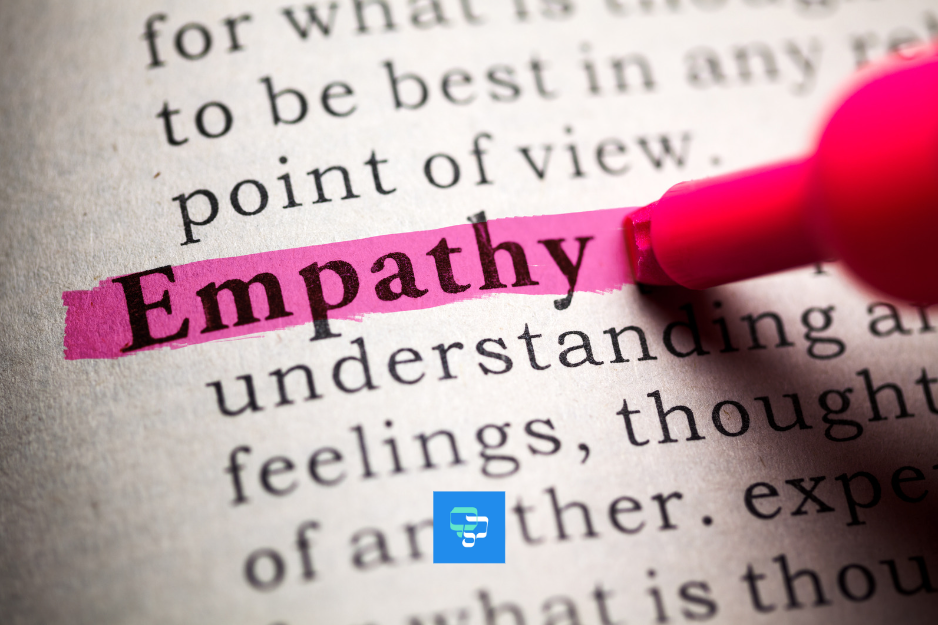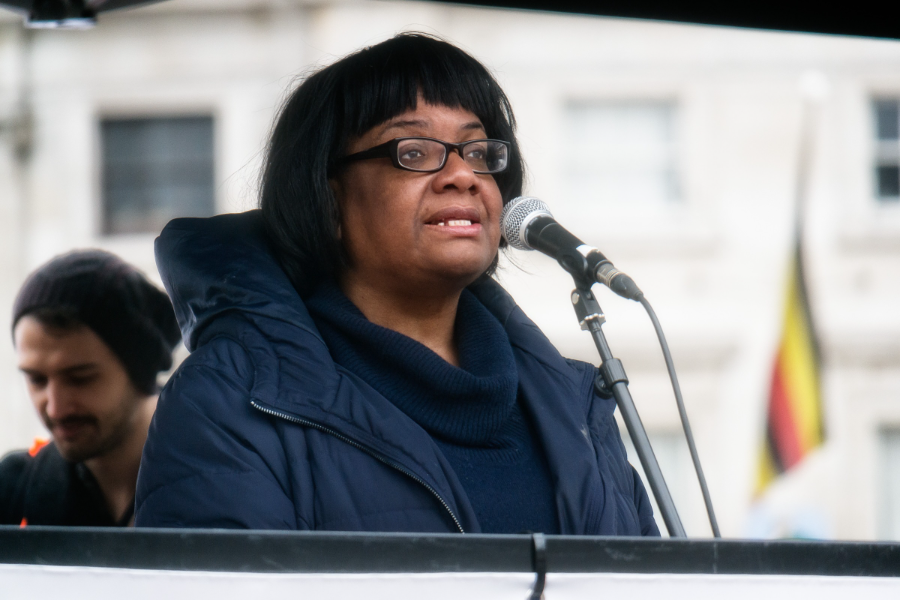
In the wake of the controversy over Diane Abbott’s letter in the Guardian newspaper, we wanted to unpack the episode and see what learning opportunities could be gleaned from this painful situation, with empathy at the forefront. This first piece is from our trustee Zahara, and the second piece is from our Founder & Executive Director Sharon, which also looks at the MP Miriam Cate’s use of the antisemitic term ‘Cultural Marxism’. You can read that piece here.
- What was your response when the story about Abbott’s comments broke?
It is not right to compare suffering or rank it; however in his book Factfulness, Hans Rosling explains the Generalisation Instinct: "everyone automatically categorises and generalises all the time [...] once again, the media is the instinct's friend. Misleading generalisations and stereotypes act as a kind of shorthand for the media, providing quick and easy ways to communicate." (Rosling, H. Factfulness, Sceptre 2018, pp.146). When I read Abbott's comments, it made me think of Rosling's chapter on The Generalisation Instinct and how all at once it is a human instinct, but also very problematic and a mind-blocker. Although I felt Abbott’s phrasing was clumsy and the comparison she drew was wrong, talking about race and racism, let alone penning your thoughts, puts anyone in a very vulnerable position, especially in an age of social media, misinformation and disinformation. What she has written is hurtful and dismissive of the experiences of GRT and Jewish communities and we should call out racism, antiziganism and antisemitism when we see it. I do understand what I think she was trying to say, which was an attempt to explain or explore the differences between racism and prejudice - the comparisons she drew, however, were inappropriate and inaccurate. Had she focused on her experiences (and we must acknowledge the sheer level of hate and racism Abbott has been subjected to) and not drawn comparisons, the response would have been very different. In some ways, I think her letter was an exploration of intersectionality and semantics ‘gone wrong’ and if I were still in the classroom, I would encourage a safe and exploratory discussion about the power of language and empathy.
- Why do you think she made those comments?
In all honesty, as much social media has created a great deal of excellent, ‘free’ knowledge, what it has not replaced is nuance, understanding and exploration, which is what I think Abbott was trying to achieve. Unfortunately, social media and print media has led to a great deal of ‘whataboutisms’ which can result in intersectional identities and lived experiences being seen, yet not understood and therefore, absent and invisible. I think, in some ways, her comments were an attempt to explain the impact and difference in the racism experienced by Black communities and people of colour. As a person of colour, perhaps this is why I understand what she was trying to explain about racism, prejudice and xenophobia despite her poor choice of words.

- What can we learn from the reaction to her comments?
In many ways I feel the reactions to her comments are somewhat similar to the sentiment behind them: anger, pain and outrage against racism. Like Abbott, people reacting to her comments have in common a shared lived experience of systemic racism and historic trauma. It is a toxic legacy few will understand. Abbott faces a horrendous level of racism and discrimination and whilst it is absolutely right she is held accountable for her words and actions, we must question whether the reactions to Abbott and her letter have contributed to tackling racism and prejudice.
- How can we ensure that we don’t make the same mistakes?
It is important to appreciate and listen to individual lived experiences and diverse histories; we must work to overcome the bias and tendency to group experiences and we must fight against our generalised instinct of othering. This is not easy and we must also recognise that we all have unlearning and relearning to do. There are so many unanswered questions and unknown nuances about the history of racism and prejudice for different people and if we want to understand it and tackle it, knowledge and learning about it is key. I also think Abbott's letter is a difficult lesson in empathy: whilst different people have experienced racism, prejudice and xenophobia no shared experience is the 'same'. We can appreciate and understand one another, but perhaps there is a conversation to be had about the extent we can empathise and why showing solidarity and allyship is perhaps of more importance in a wider context. More than anything, creating an environment to talk and listen to people is primary. We need to not make assumptions and have silent discussions with social media; instead we need to bring these conversations to the classroom and open space and have them in a forum of mutual respect and one where the intention is to overcome hatred and racism - not fuel it.